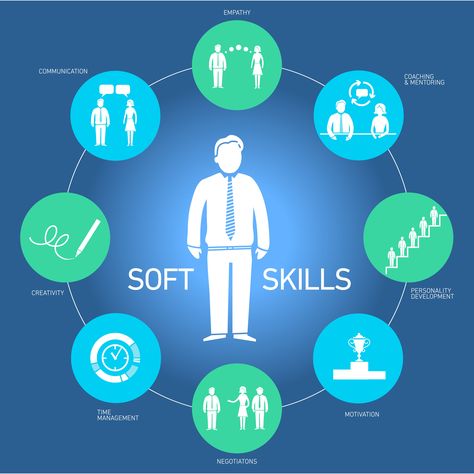Introduction
In recent years, there has been a growing appreciation for the importance of soft skills in various sectors. These include attributes like grit, resilience, emotional intelligence, and adaptability. Many employers and educators now recognize that these non-cognitive skills play a significant role in personal and professional success. However, the rush to assess these soft skills can lead to misguided interpretations and missteps. This article will explore the reasons why we should be cautious when assessing soft skills such as grit.
The Complexity of Soft Skills
One of the main challenges in assessing soft skills is their inherent complexity. Unlike hard skills that can be easily measured through tests and certificates, soft skills are intangible and often difficult to quantify. Take grit, for example; it involves a combination of perseverance, passion, and resilience in facing adverse situations or achieving long-term goals. Accurately assessing someone’s level of grit is not an easy task as it involves multiple variables.
Risk of Mislabeling
The rush to assess soft skills may carry the risk of mislabeling individuals based on incomplete or superficial evaluations. For instance, wrongly labeling someone as lacking grit might hinder their chances of being accepted into certain programs or positions, thereby perpetuating biases. Similarly, overemphasis on certain soft skills like grit can lead to neglecting other important traits required for success.
Lack of Standardized Assessment Tools
One of the significant barriers to accurately assessing soft skills is the lack of standardized assessment tools that can yield quantifiable and reliable results. Current methods often rely on self-reporting surveys or third-party observations, both of which can be subjective and prone to biases.
Ethical Considerations
There are ethical concerns associated with measuring and monitoring individuals’ soft skills like grit. Such assessments might be used to unfairly pigeonhole people into specific categories or exploit their weaknesses when they are meant to help them grow and develop.
Cultural Differences
Additionally, it’s important to recognize that cultural differences can influence the understanding and importance of certain soft skills. What may be considered gritty behavior in one culture might be viewed as stubbornness in another. Cultural norms and values should be considered before rushing to assess soft skills to avoid perpetuating stereotypes or misunderstanding an individual’s attributes.
Conclusion
In summary, while the recognition of soft skills like grit is crucial for personal and professional development, we need to be cautious when assessing these traits. Developing a deeper understanding of their complexity, addressing the risk of mislabeling, creating standardized assessment tools, considering ethical implications, and acknowledging cultural differences are some of the critical factors that need to be addressed for accurate evaluation. Adopting a more thoughtful and measured approach will undoubtedly contribute to more just and inclusive assessments of individuals’ capabilities.





